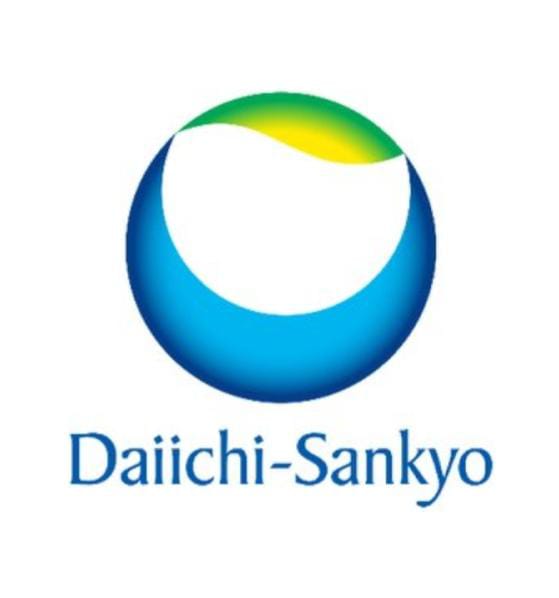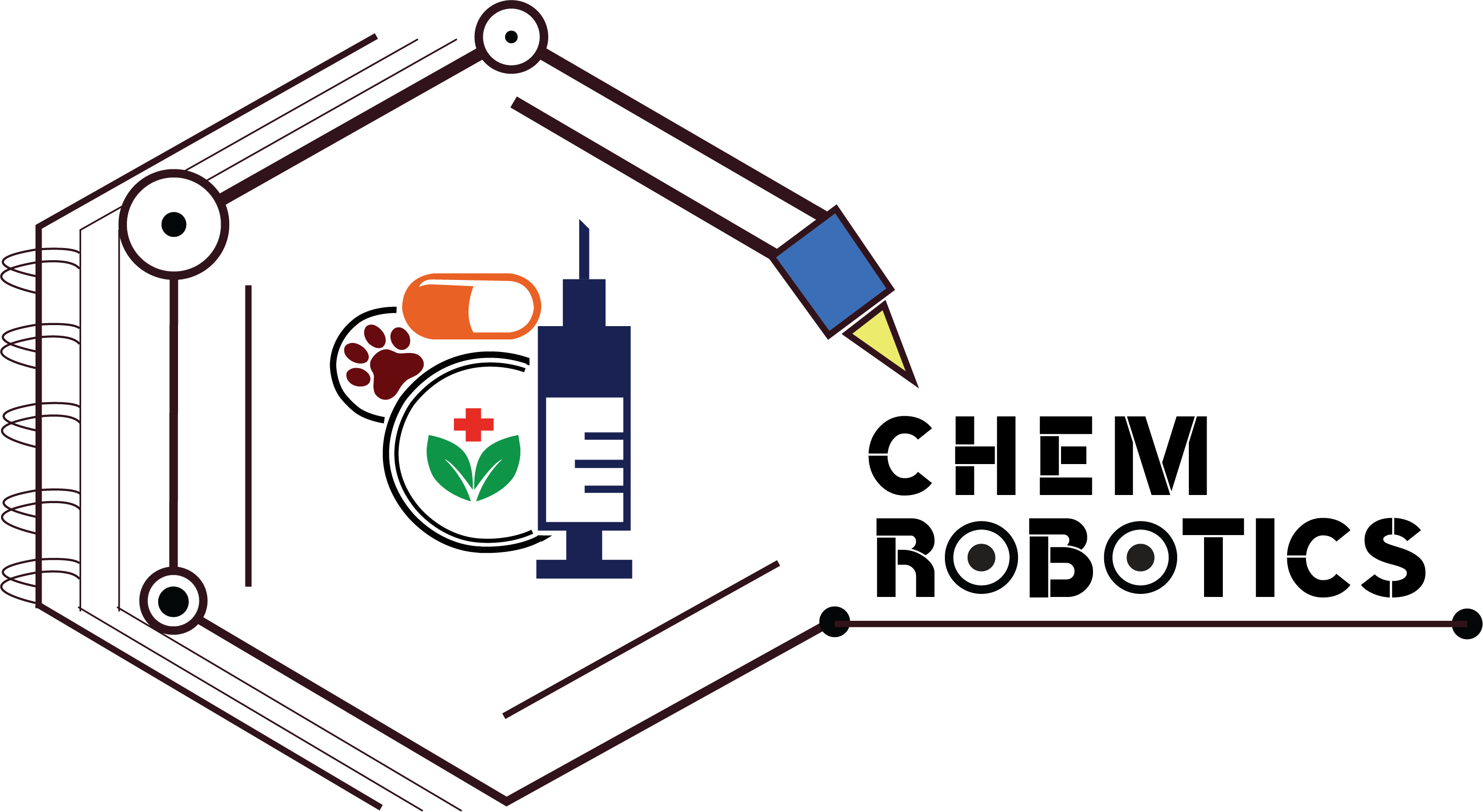Summary :
Daiichi Sankyo Company, Limited announced that the first patient was dosed in the global DESTINY-Lung04 phase 3 trial evaluating the efficacy and safety of Enhertu (trastuzumab deruxtecan), a HER2 directed antibody drug conjugate (ADC) being jointly developed by Daiichi Sankyo and AstraZeneca, as a first-line treatment in patients with HER2 mutant unresectable, locally advanced or metastatic non-squamous non-small cell lung cancer (NSCLC).
DESTINY-Lung04 is the first head-to-head trial in NSCLC evaluating Enhertu as a first-line treatment compared to the standard of care (platinum-pemetrexed doublet chemotherapy in combination with pembrolizumab) in patients with unresectable, locally advanced or metastatic non-squamous NSCLC harbouring a HER2 exon 19 or 20 mutation.
Lung cancer is the leading cause of cancer death, accounting for about one-fifth of all cancer deaths globally, with 80% to 85% classified as NSCLC.
There are currently no medicines approved specifically for the treatment of HER2 mutant NSCLC, which affects approximately 2% to 4% of patients with non-squamous NSCLC. Current standard of care in the first-line metastatic setting of patients with HER2 mutant NSCLC is PD-1 or PD-L1 immunotherapy with or without platinum-based chemotherapy. While these treatment regimens can improve survival in NSCLC, approximately 40% to 60% of tumours do not respond to initial treatment and disease progression occurs, underscoring the need for additional treatment approaches.
“The results seen in the DESTINY-Lung01 trial showed a robust and durable tumour response in previously treated patients with HER2 mutant metastatic non-small cell lung cancer,” said Gilles Gallant, BPharm, PhD, FOPQ, senior vice president, global head, oncology development, oncology R&D, Daiichi Sankyo. “Based on these promising findings, we are conducting DESTINY-Lung04 to evaluate the potential of Enhertu as an earlier line of therapy in this patient population.”
DESTINY-Lung04 is a global, randomized, open-label, phase 3 trial evaluating the efficacy and safety of Enhertu (5.4 mg/kg) compared to standard of care (platinum-pemetrexed doublet chemotherapy in combination with pembrolizumab) in patients with unresectable, locally advanced or metastatic, nonsquamous NSCLC harboring a HER2 exon 19 or 20 mutation. Patients will be randomized 1:1 to receive either Enhertu or standard of care. The primary endpoint of DESTINY-Lung04 is progression-free survival (PFS) as assessed by blinded independent central review (BICR). Secondary endpoints include overall survival, investigator-assessed PFS, overall response rate and duration of response as assessed by BICR and investigator, pharmacokinetics, patient-reported tolerability, immunogenicity and safety.

Daiichi Sankyo Starts Patient dosing in DESTINY-Lung04 Daiichi Sankyo Starts Patient dosing in DESTINY-Lung04 Phase 3 trial of Enhertu Phase 3 trial of Enhertu
DESTINY-Lung04 will enroll approximately 264 patients at multiple sites across Asia, Europe, and North America.
Lung cancer is the leading cause of cancer death, accounting for about one-fifth of all cancer deaths globally, with 80% to 85% classified as NSCLC. For patients with metastatic disease, prognosis is particularly poor, as only approximately 6% will live beyond five years after diagnosis.
HER2 is a tyrosine kinase receptor growth-promoting protein expressed on the surface of many types of tumors, including lung, breast, gastric and colorectal cancers. HER2 gene alterations (called HER2 mutations) have been identified in NSCLC as distinct molecular targets and have been reported in approximately 2% to 4% of patients with non-squamous NSCLC. These HER2 gene mutations are predominantly seen in younger women, with no smoking history and have been independently associated with cancer cell growth and poor prognosis, with an increased incidence of brain metastases. The most common HER2 mutations are exon 20 insertions, found in 35% to 59% of all HER2 mutations in NSCLC, while exon 19 mutations represent approximately 16% of mutations. Although the role of anti-HER2 treatment is well established in breast and gastric cancers, HER2 is an emerging biomarker in NSCLC with no approved HER2 directed therapies.
Current standard of care in the first-line treatment of patients with HER2 mutant metastatic NSCLC is PD-1or PD-L1 immunotherapy with or without platinum-based chemotherapy. While these treatment regimens can improve survival in NSCLC, at least 40% to 60% of tumours do not respond to initial treatment and disease progression occurs, underscoring the need for additional treatment approaches.
Enhertu (trastuzumab deruxtecan; fam-trastuzumab deruxtecan-nxki in the US only) is a HER2 directed antibody drug conjugate (ADC). Designed using Daiichi Sankyo’s proprietary DXd ADC technology, Enhertu is the lead ADC in the oncology portfolio of Daiichi Sankyo and the most advanced program in AstraZeneca’s ADC scientific platform. Enhertu consists of a HER2 monoclonal antibody attached to a topoisomerase I inhibitor payload, an exatecan derivative, via a stable tetrapeptide-based cleavable linker.
Enhertu (5.4 mg/kg) is approved in more than 30 countries for the treatment of adult patients with unresectable or metastatic HER2 positive breast cancer who have received two or more prior anti-HER2- based regimens based on the results from the DESTINY-Breast01 trial. A supplemental New Drug Application is under review in Japan for the treatment of adult patients with HER2 positive unresectable or recurrent breast cancer previously treated with trastuzumab and a taxane, based on the results from the DESTINY-Breast03 trial.
Enhertu (6.4 mg/kg) is approved in several countries for the treatment of adult patients with locally advanced or metastatic HER2 positive gastric or gastroesophageal junction (GEJ) adenocarcinoma who have received a prior trastuzumab-based regimen based on the results from the DESTINY-Gastric01 trial. A Type II Variation is currently under review by the European Medicines Agency (EMA) for the treatment of adult patients with locally advanced or metastatic HER2 positive gastric or GEJ adenocarcinoma who have received a prior anti-HER2-based regimen.

